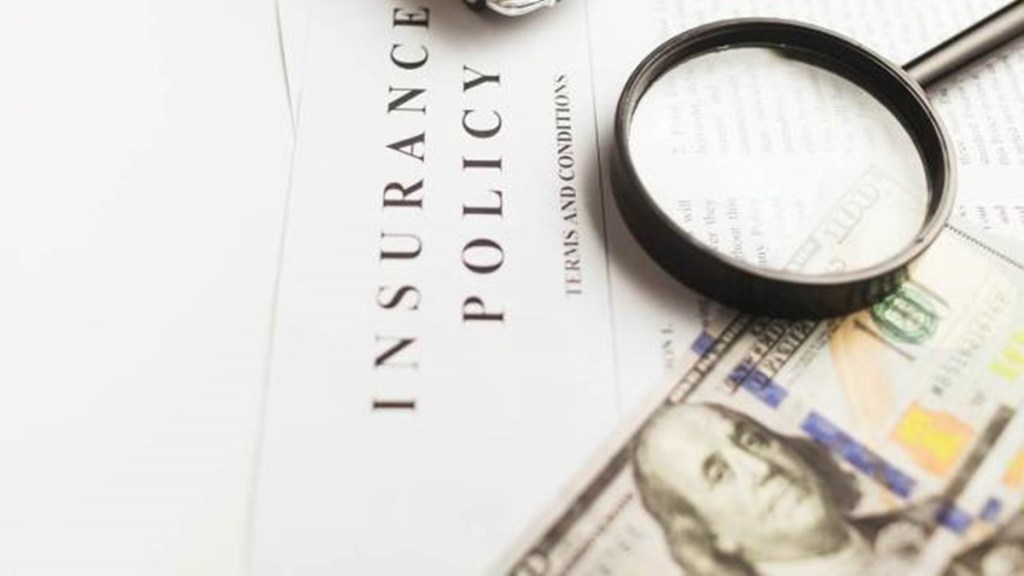The anxiety that Covid-19 brought with it has made mental health a cause for concern among people, who are now more willing to talk about stress, anxiety as well as the solution available to combat them. Not only this, they are also now more willing to seek professional help.
This was revealed in a study conducted by Aditya Birla Health Insurance (ABHICL), the survey for which was initiated last year. As per The New Health Normal Report, 89% of people surveyed believe that mental health consulting should be included in their health insurance policy, while 35% believe that consumers are hesitant of reaching out to mental health experts because of the cost implication. In addition, the consumer spending pattern has also witnessed a significant change, as people are preferring to spend more on health insurance even if it means compromising on their luxury expenses. The survey had 6,651 respondents of all ages across nine metros.
Also read: Whistle-blower seeks Rs 56 crore in compensation from Invesco
Financial preparedness As per the study, the pandemic has changed the outlook of the people surveyed towards financial preparedness, especially for medical emergency. Purchasing medical insurance online has seen a jump in the last three years, with at least a 30% jump in demand since the third wave of Covid in 2022.
The report says that, 36% of female respondents feel that the money kept aside for medical emergency is not enough and 84% of them prefer an employer which insures their family medical expenses.
Also read: L&T Q4FY23 profit up 10% at Rs 3,987 crore, revenue at Rs 58,335 crore; dividend announced
More than one in every four respondents (29%) claim that either their close friends or family or they themselves have reached out to medical experts for mental health issues. Millennials, the champions of mental health The data unveiled that one in every three millennial respondents (33%) claims they know someone who has reached out to a mental health expert, understanding that there less stigma around the issue. The number drops to 22% for Gen Z. Furthermore, more than one in every five millennial (23%) does not even believe that people are hesitant about visiting mental health experts, compared to 16% of Gen X, and 17% of those over 45. Millennials most likely take mental health seriously post Covid-19, compared to other cohorts; One in every three millennial respondents (33%) claims they know someone who has reached out to a mental health expert.

